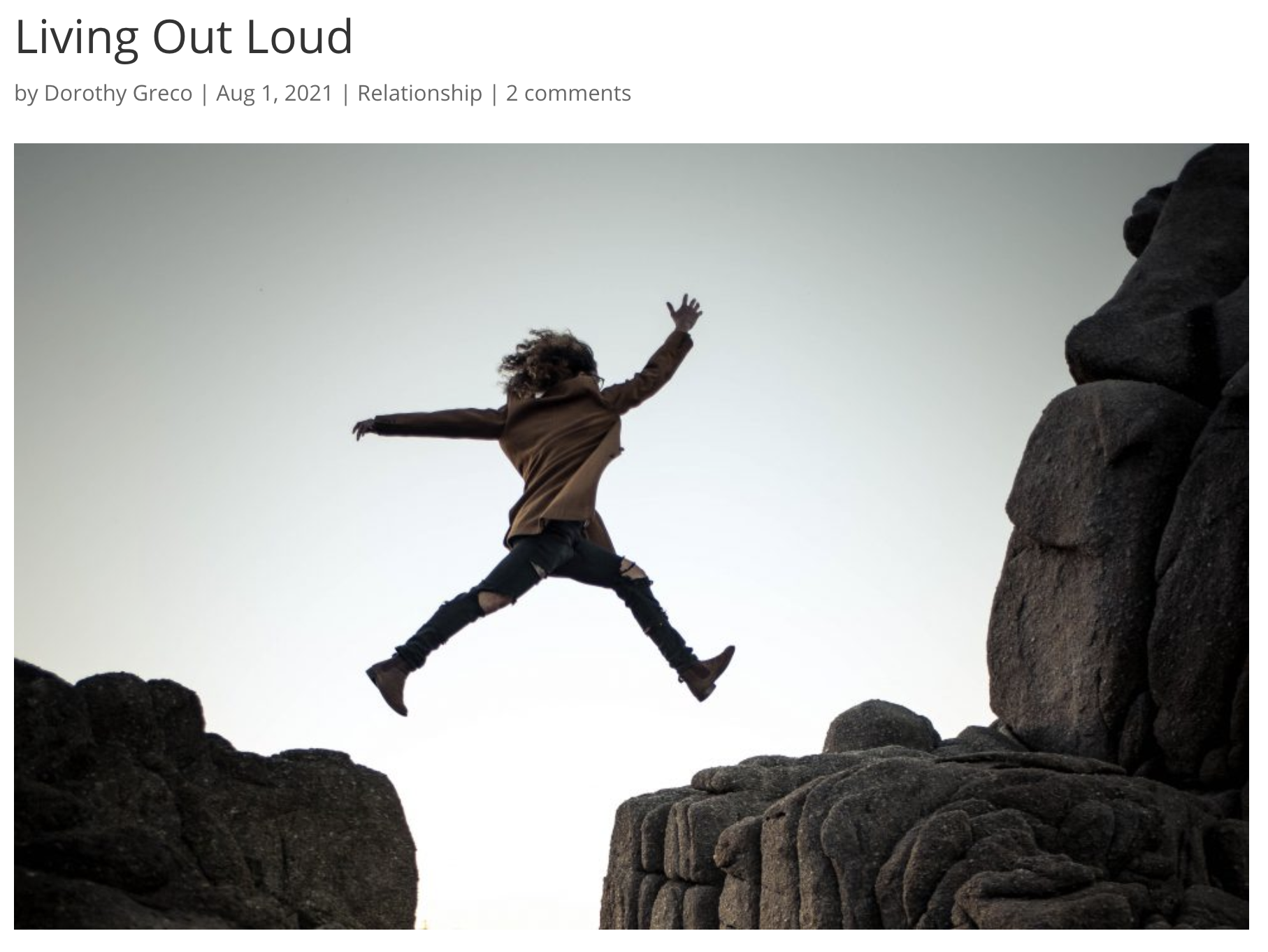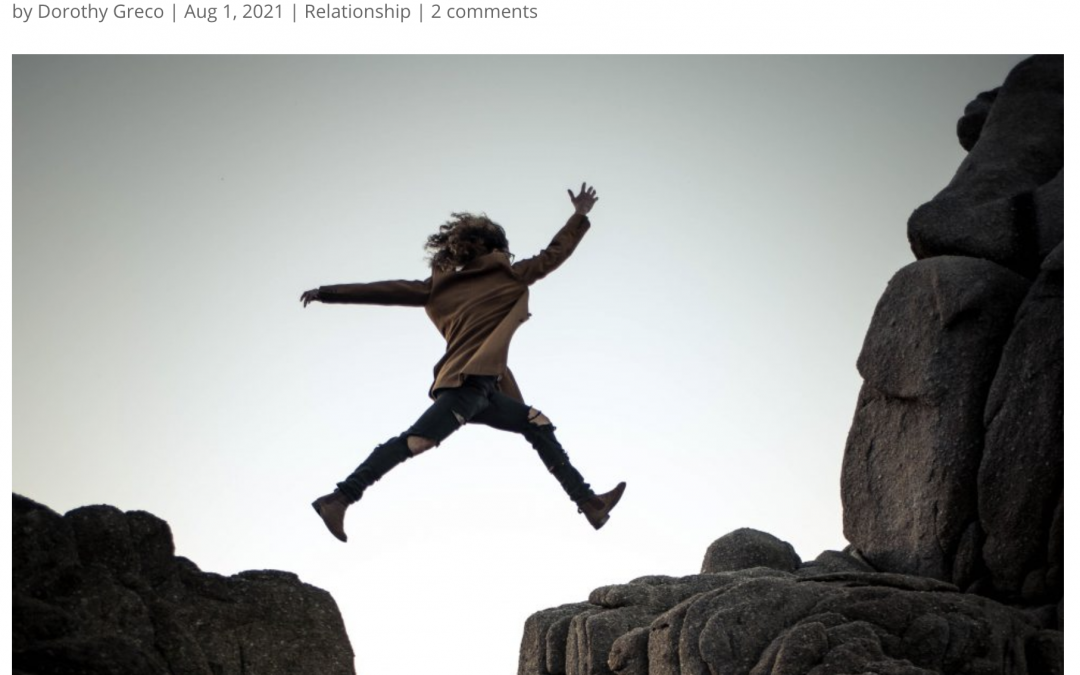
After my husband, Christopher, and I teach together, people often approach us and say, “You two are so vulnerable!” Their feedback is infused with equal parts awe and trepidation. Living like an open book has specific drawbacks. Honesty is risky. We have frequently been misunderstood and/or judged. When we admit how and where we struggle, others can scurry to moral high ground and look down on us. Other friends—and some family members—have told us that they often feel intimidated by our candor.
Though the costs are tangible—and sometimes painful—we believe that in the long run, the benefits are worth the expense.
Our choice to live vulnerably means that if we’re in a small group meeting and the prompt is What were your highs and lows during Covid?, we’re not going to gloss over the challenges or hide the discouragement that we both felt. And if we’ve been invited to confess our sins, we’re not going to be vague or tidy up our confession. We’re going to name it and own it.
We don’t live vulnerably because we’re exhibitionists. To be honest, I’m a private person and prefer to keep my weaknesses and failures hidden. What Christopher and I have discovered in the context of our own marriage, however, and in our nearly 30 years of doing pastoral care, is that if we want to grow, we have to have both feet in reality. We can’t live in denial. Denial encourages us to spackle over our fault lines and create façades that might look pretty but won’t hold up when the inevitable storms of life hit.
To read this entire article, please head over to Redbud Writers’ Guild.
